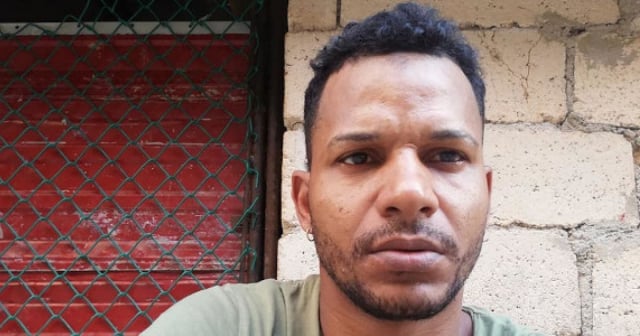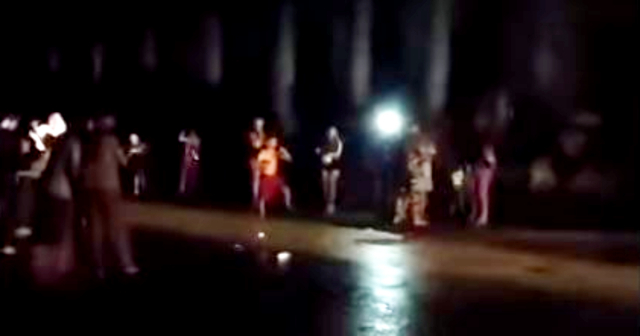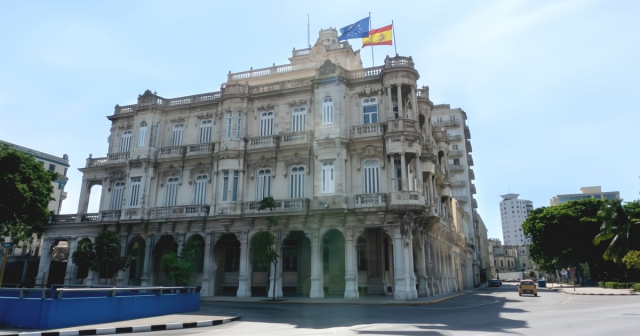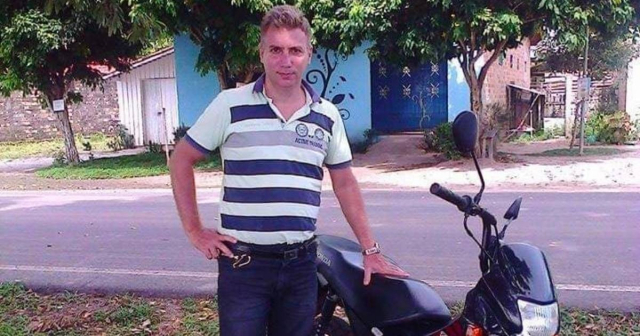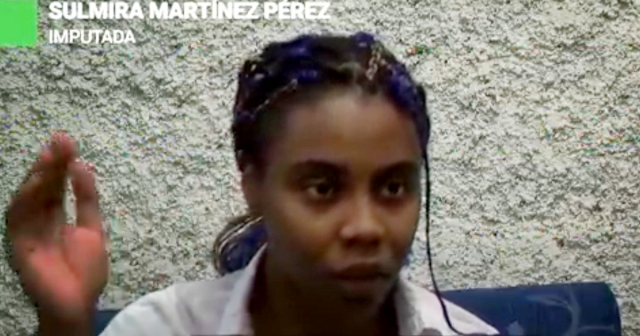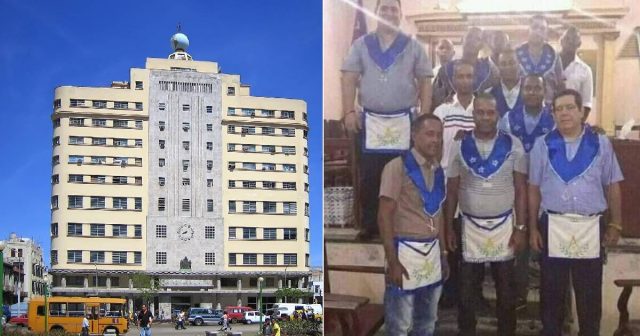The Cuban regime appointed new judges who will work in the judicial bodies of Havana. During the ceremony, the magistrates pledged to "perpetuate" socialism in Cuba.
This was emphasized in a report by the Cuban Television News (NTV), highlighting that the 21 judges who assumed their positions “committed to uphold the principles of our Constitution.”
The ceremony was dedicated to the dictator Fidel Castro and his legacy and example. According to the report from the official media, "the professionals from the judicial bodies of Havana pledged their commitment to the values required in every judicial situation and signed the judicial code of ethics, with the conviction of serving the people, protecting justice, and upholding transparency, as well as fostering a safer and more inclusive and just society."
The event, presided over by Rubén Remigio Ferro, the president of the People's Supreme Court of Cuba, took place at the Granma Memorial, located in the Museum of the Revolution.
Although they advocated for transparency, the judicial authorities of the Cuban regime did not disclose the number of vacancies in the justice administration or the necessity of incorporating new legal professionals as prosecutors and judges due to the reduction of personnel affecting the justice system.
This situation is characterized by the resignation of professionals who embark on new life projects, often leading them to emigrate from the Island, while others leave their positions due to a form of "conscientious objection" that they do not express openly for fear of repercussions.
Some of them have come to recognize that they feel threatened by reports on social media. “For every threatened colleague, we multiply that by tens of thousands across the board, ready to exchange the robe and the bench for the rifle and the trench if necessary,” stated a declaration from the Unión de Juristas de Cuba in March 2022.
"In recent days, we have been observing how algorithms and subversive opinion matrices are being orchestrated to discredit the actions of prosecutors and judges, mostly young, who are professionally upholding the strict procedural principle of effective judicial protection and due process following the vandalistic acts that took place on July 11, 2021," said Osmín Álvarez Bencomo, president of the Provincial Board of the Union of Jurists of Cuba (UNJC) in Havana.
Salomé García Bacallao, a visual artist, editor, activist, and one of the coordinators of the non-governmental organization Justicia 11J, responded to these statements on her social media, expressing the sentiments of independent civil society.
"These judges and prosecutors have committed crimes with the protection and support of a State. And they have done so systematically, as the names of the judges who participated in the trials of the 11J protesters appear in a notable number of denied Habeas Corpus petitions in favor of arbitrarily detained and forcibly disappeared activists, as well as in many sentences against other political prisoners," he stated.
Two years after those statements, in March 2024, Remigio Ferro attended the annual meeting of judges and court officials in Artemisa, where he emphasized the remarks made at the gathering, all of which highlighted the commitment of jurists to defend a legal-political order that keeps more than a thousand political prisoners in the country's jails.
"Enthusiastic and ready, that’s how judges and court workers in Artemisa expressed themselves at their annual meeting. 'Unity,' 'commitment,' 'I am here and will continue to be here because I want to and enjoy it,' were the most heard expressions. 'How wonderful!' remarked Remigio Ferro on his social media."
Perpetuating the "economic and social order" of socialism in Cuba: A spurious commitment
While it is logical for the justice administrators of a state to commit to upholding its Constitution, the Cuban regime clearly demonstrates its totalitarian, exclusionary, and repressive nature by requiring its justice officials to pledge "to perpetuate the principles of the Constitution."
The first 15 articles of Chapter I of the Constitution approved by the regime in 2019 outline its "Fundamental Principles." The very first article states that "Cuba is a socialist state."
The room states that "the defense of the socialist homeland is the highest honor and the supreme duty of every Cuban."
"Traition to the homeland is the gravest of crimes, and those who commit it are subject to the harshest penalties. The socialist system endorsed by this Constitution is irrevocable. Citizens have the right to combat by all means, including armed struggle, when no other recourse is possible, against anyone who attempts to overthrow the political, social, and economic order established by this Constitution," adds the aforementioned article.
It is clear that the provisions supporting the fundamental principles of the Constitution of the Cuban regime are designed to "perpetuate" the status quo and the illegitimate order existing under the Cuban dictatorial and totalitarian regime, a goal also established by the fifth article.
"The Communist Party of Cuba, unique, Martian, Fidelist, Marxist, and Leninist, the organized vanguard of the Cuban nation, grounded in its democratic nature and permanent connection with the people, is the superior leading political force of society and the State. It organizes and directs common efforts in the construction of socialism and the advancement towards a communist society. It works to preserve and strengthen the patriotic unity of Cubans and to promote ethical, moral, and civic values.”
Filed under:

